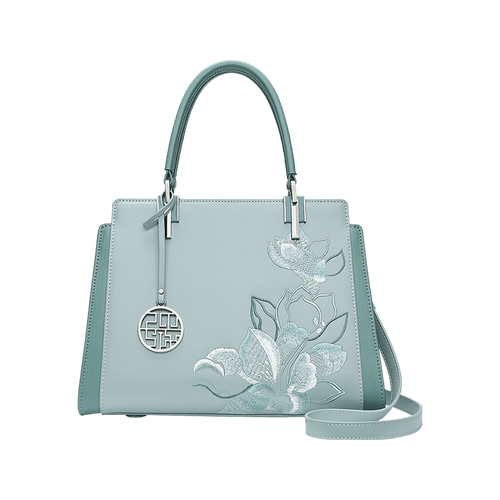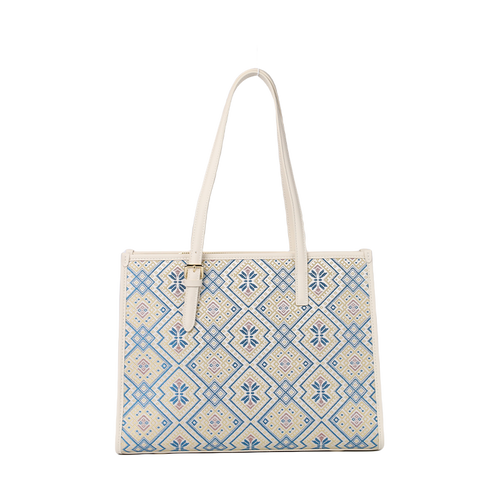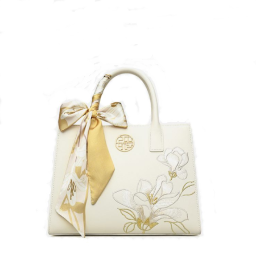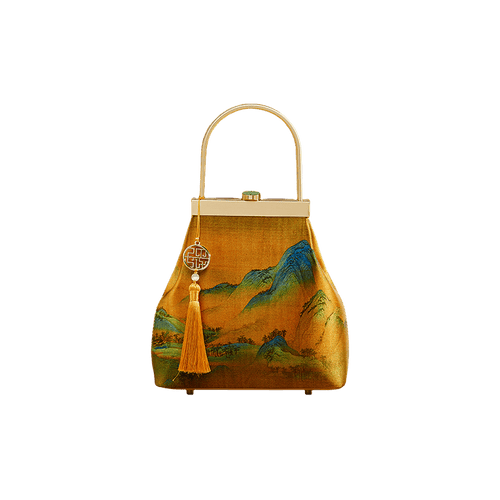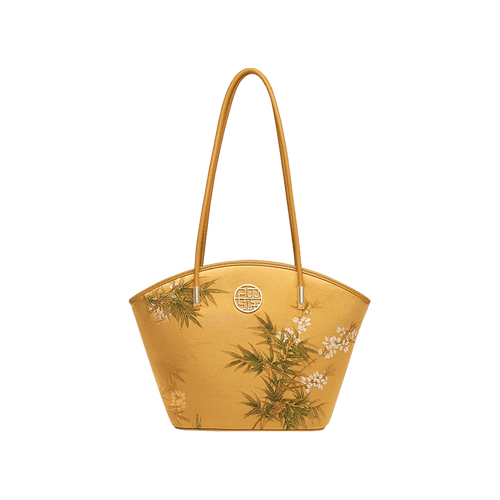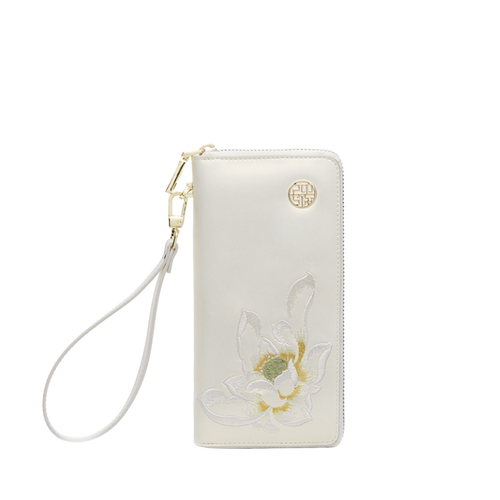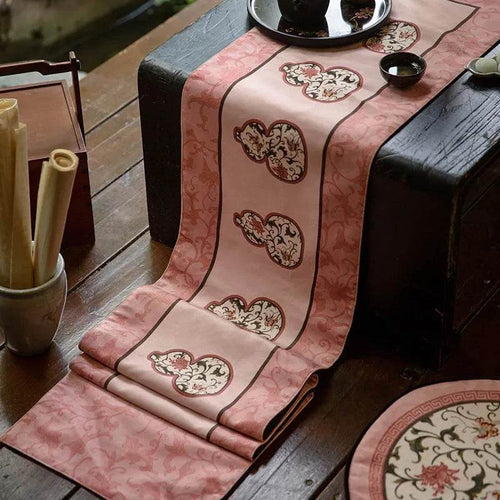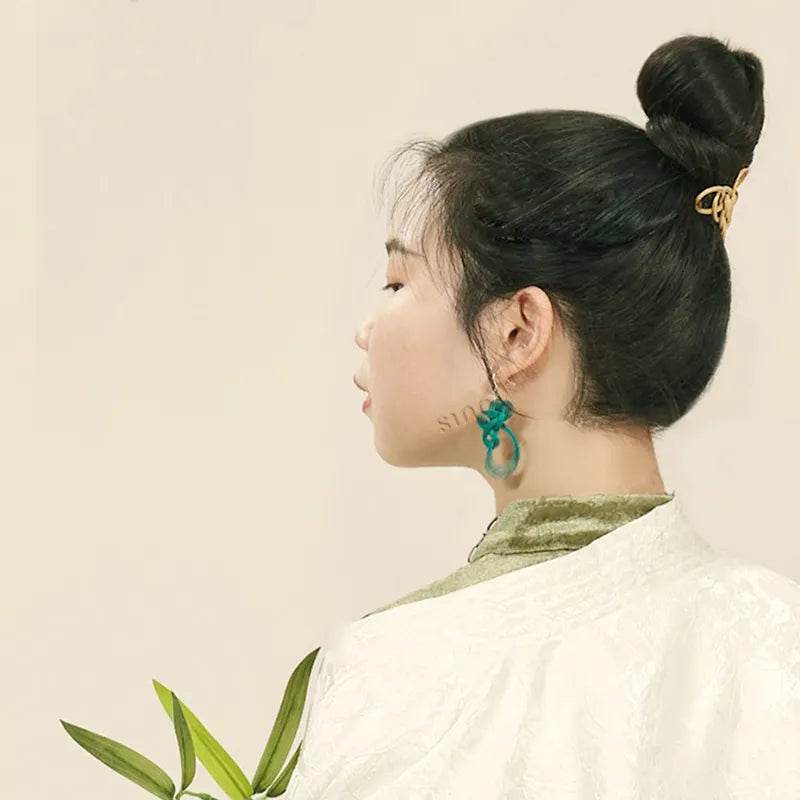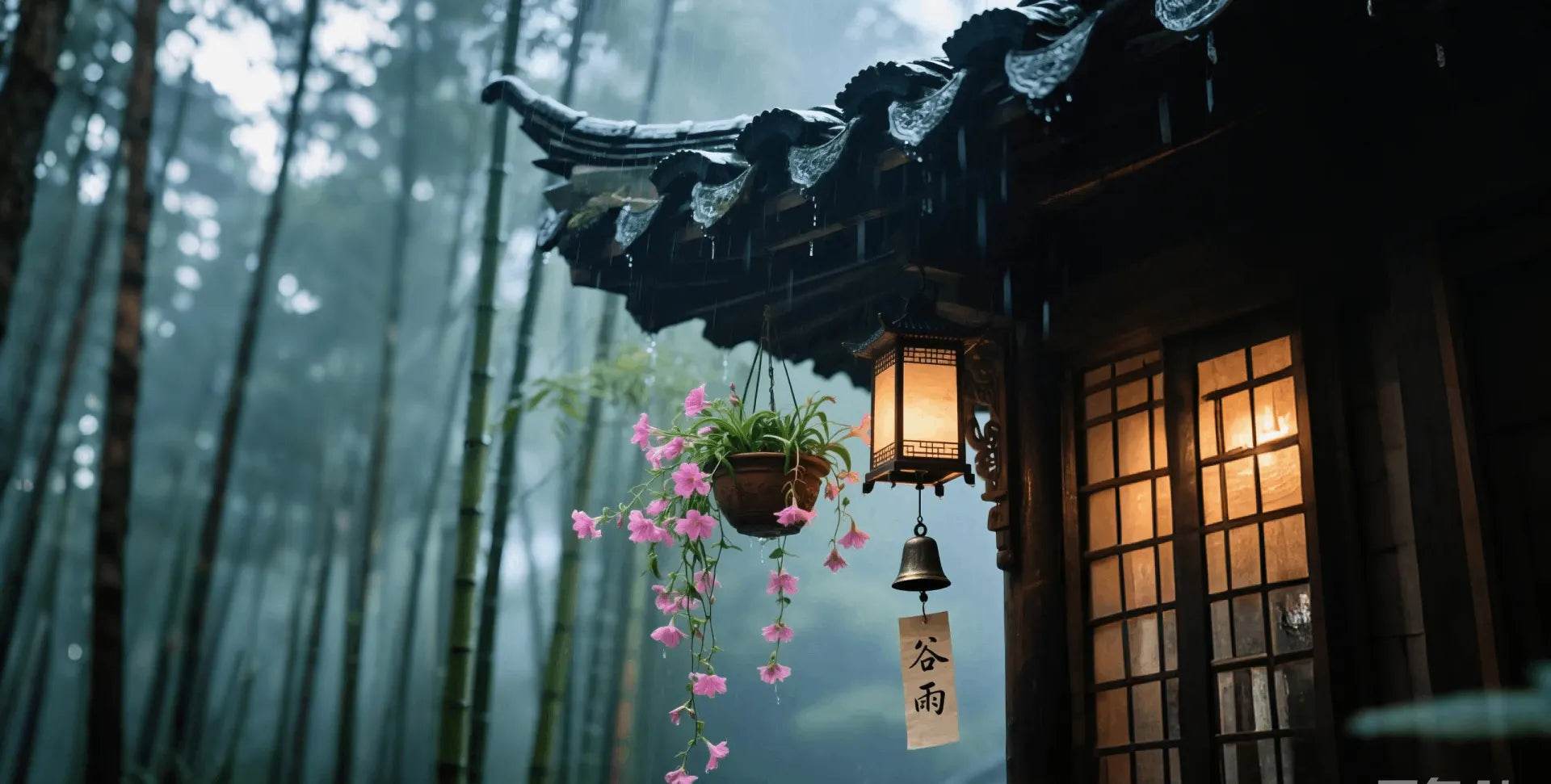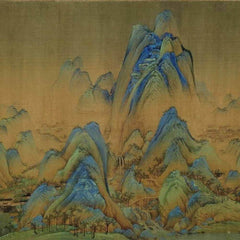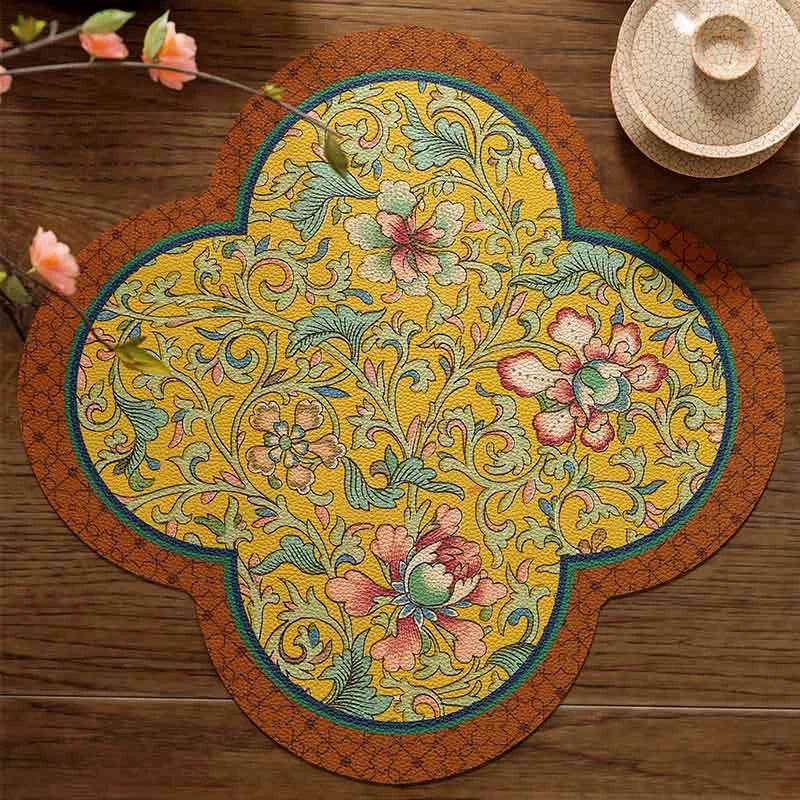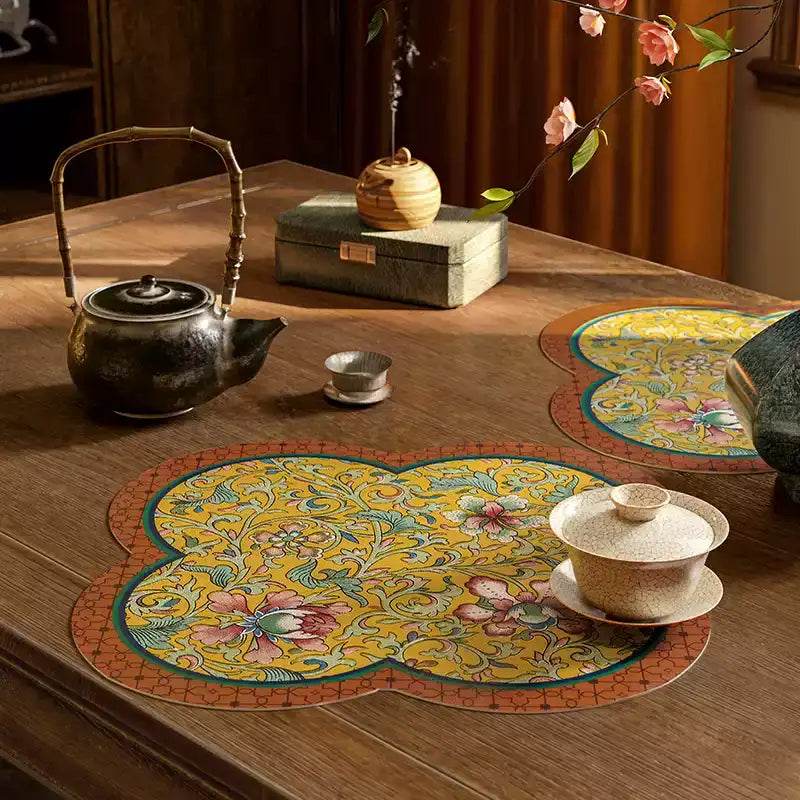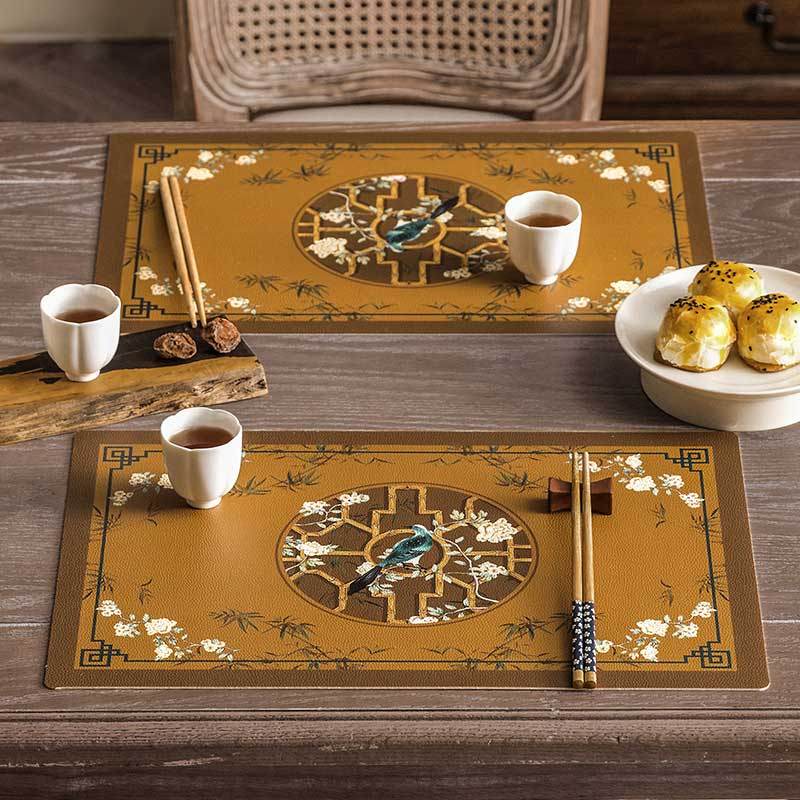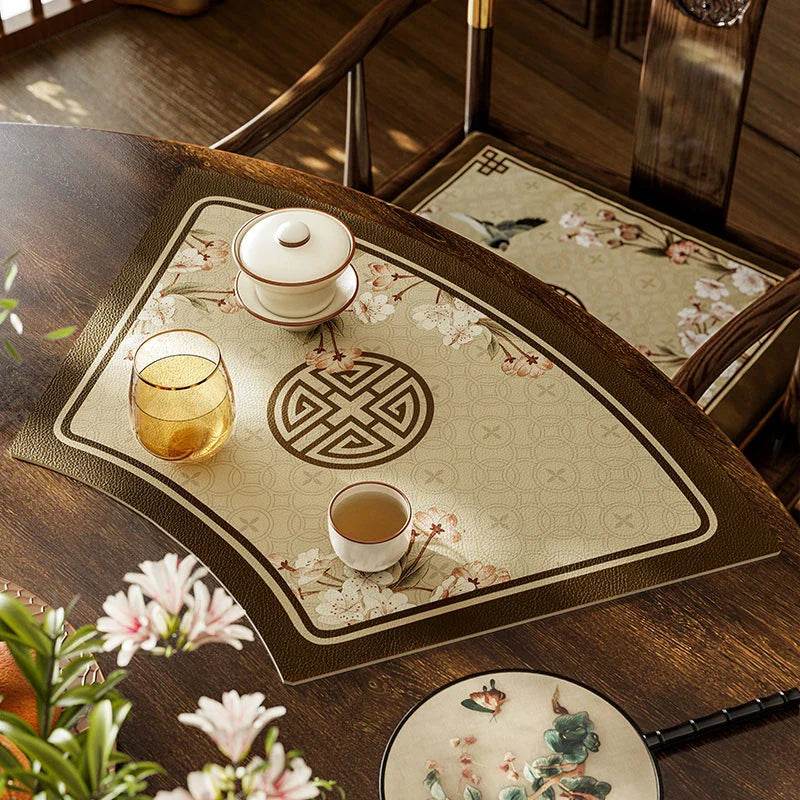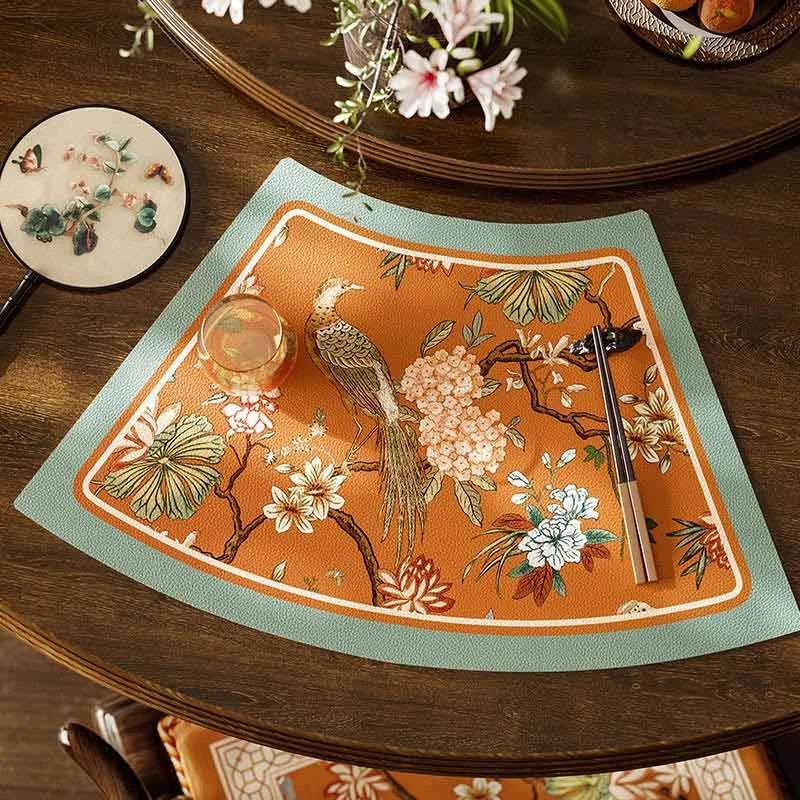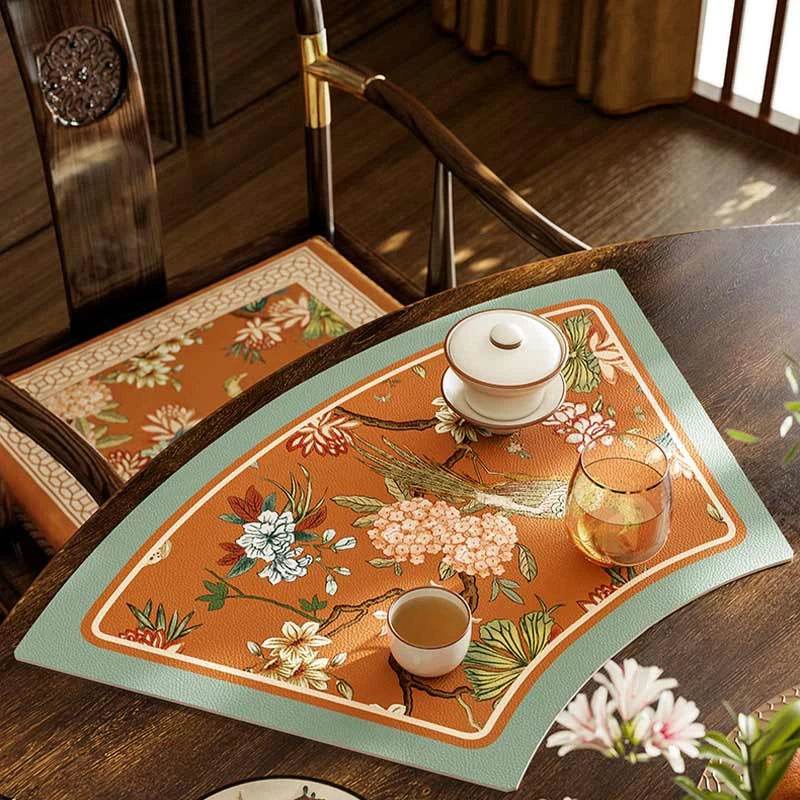مهرجان تشينغمينغ (清明) ، المعروف أيضًا باسم يوم كنس المقابر أو مهرجان الطعام البارد، هو أحد المهرجانات التقليدية المهمة في الصين، إذ يجسد عناصر طبيعية وثقافية. وباعتباره أحد الفصول الشمسية الأربعة والعشرين، يُكرّس تشينغمينغ لكنس المقابر وعبادة الأسلاف، مما يعكس فضائل البر بالوالدين واحترام الطبيعة في الصين. في عام 2025، سيوافق تشينغمينغ يوم 4 أبريل ، مما يجعل عطلة رسمية لمدة ثلاثة أيام ( 4-6 أبريل ) يحتفل بها معظم الصينيين.
الأصول: من مهرجان الطعام البارد إلى تراث البر الأبوي
يدمج مهرجان تشينغمينغ عادات الطعام البارد وحظر إشعال النار في مهرجان الأطعمة الباردة القديم مع نزهات الربيع في مهرجان شانغسي، ليصبح رسميًا عطلة رسمية خلال عهد أسرة تانغ. يكمن جوهره في "التذكر والاحترام"، مسلطًا الضوء على الاحترام الكونفوشيوسي للأسلاف. في عام ٢٠١٦، أُدرج في قائمة اليونسكو للتراث الثقافي غير المادي.
أنشطة الاحتفال التقليدية
تنظيف القبور وعبادة الأسلاف : تقوم العائلات بزيارة مقابر الأسلاف لإزالة الأعشاب الضارة، وترك القرابين، وحرق البخور والورق، تعبيرًا عن تذكرهم للمتوفى.

الرحلات الربيعية : مع مناظر الربيع المزهرة، يخرج الناس للاستمتاع بالزهور المزهرة والمشي لمسافات طويلة، والتنفس في حيوية الطبيعة.

طيران الطائرات الورقية : كان يُعتقد تاريخيًا أن طيران الطائرات الورقية يحمي من سوء الحظ، ولكنه أصبح اليوم نشاطًا شائعًا في الهواء الطلق.

ارتداء أغصان الصفصاف : يقول الفولكلور: "ارتدِ الصفصاف خلال عيد تشينغمينغ من أجل الشباب الأبدي". يرمز الصفصاف إلى الحيوية والحماية من الشر.
التقاليد الطهوية
تشينغتوان : مصنوعة من الأرز اللزج وعصير الشيح، تحتوي هذه الزلابية الخضراء غالبًا على معجون الفاصوليا الحلوة أو حشوة بذور اللوتس، وهي معروفة بملمسها العطري والناعم.

قواقع تشينغمينغ : يقول المثل في منطقة جيانجنان "قواقع تشينغمينغ تتفوق على الأوز"، وهي شهادة على مذاقها اللذيذ، وعادة ما يتم قليها مع الثوم المعمر الربيعي.

الأطعمة الباردة : تحافظ بعض المناطق على تقاليد مهرجان الأطعمة الباردة، حيث يتم تحضير الأطباق الباردة مثل كعكة العناب والسانزي مسبقًا.
توصيات السفر
بحيرة ويست، هانغتشو : المناظر الطبيعية الخضراء المليئة بأشجار الخوخ والصفصاف خلال فترة تشينغمينغ مثالية للقوارب ومشاهدة المعالم السياحية.

جبال هوانغشان، آنهوي : التفاعل بين سحب البحر وأزهار الأزاليات يجعلها مكانًا رئيسيًا للتصوير الربيعي.

وويوان، جيانغشي : يوفر التقارب بين حقول زهور الكانولا والقرى القديمة مشهدًا خلابًا.

القصر الصيفي، بكين : تشع الحدائق الإمبراطورية بسحر الربيع، وتستضيف الأنشطة الثقافية التقليدية.
الأهمية الحديثة
اليوم، يعتبر عيد تشينغمينغ عطلة وطنية عامة ذات معاني عميقة:
تنظيف المقابر بطريقة صديقة للبيئة : يختار المزيد من الأشخاص الطرق الخضراء مثل الزهور والنصب التذكارية الرقمية.
التراث الثقافي : غالبًا ما تنظم المدارس أنشطة موضوعية لتثقيف الشباب حول العادات التقليدية.
الارتباط العاطفي : في الحياة السريعة الوتيرة، يعمل تشينغمينغ كرابط أساسي لمشاعر الأسرة.
خاتمة
باعتباره أحد أهم أربعة مهرجانات تقليدية في الصين، لا يجسد مهرجان تشينغمينغ تقديس الأسلاف فحسب، بل أيضًا احترام الحياة والطبيعة. ويستمر هذا المهرجان، الذي يمتد لآلاف السنين، في تألقه بجاذبية ثقافية فريدة في المجتمع المعاصر، انعكاسًا حيًا للحيوية الدائمة للحضارة الصينية.
